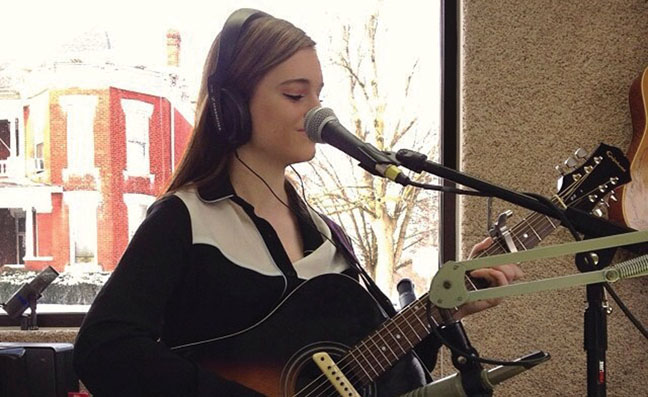Since their inception, game shows have existed for entertainment and intrigue. However, they were designed mainly for adults. Nowadays, they have started to focus on younger crowds. The success of the first season of MasterChef Junior in 2010 brought a shift in the goals of young people; television producers and directors noticed that children have big dreams that can be tapped into, which creates great television. While cooking is a prime example of this, the growth of singing competitions has also taken center stage.
Sara Kays, signed singer and sophomore, auditioned for “America’s Got Talent” season nine.
Kays said, “I had to wait about seven hours before I finally auditioned. The auditions were held at the Convention Center in Indianapolis. When it came time to audition, 10 to 15 of us were brought in a small room, and we auditioned one by one for one judge. After that, we all stood outside of the room, and a guy came out and told everyone to go home except for me. I went back in the room, and they asked me to sing a couple more songs, and then they said I was free to go. After that, I never got an email or call from them, so I didn’t make it in, but it was such a great experience.”
Kays has been a signed recording artist since she was in seventh grade and released a few songs on iTunes. According to Kays, she personally auditioned because she has a drive to succeed in her music career.

Although young people are quite driven, many have mentors help them along the way. Choir director John Burlace has helped quite a few students in the past who have prepared for auditions such as those for “America’s Got Talent” and “The Voice.”
Burlace said, “While some students are great performers, it’s the entire auditioning process that freaks them out the most. So to help with their nerves, I hold mock auditions for them to help them along the way.”
According to Kays, these game shows have grown increasingly popular for the younger crowd because every kid has a desire to be famous in some way. These shows just create segues for fame.
“I think kids are so involved in these types of shows because they have the desire to be famous. Every kid has that one celebrity that they want to be, and in their heads, they know it’s going to happen,” Kays said. “(I) guess I’m just another kid with a dream, and I’m working hard at it. I think in the end, I always benefit from an audition. Whether it’s for the school talent show or ‘America’s Got Talent,’ I still gain something from it. First off, it helps me get used to being told ‘no’ so it only motivates me to do better. Also, each time I audition for something, I get better and more comfortable in that setting.”
Burlace said Kays is like many other young people who have big dreams and aspirations, and do not quite know what to do with them. However, with such game shows, outstanding and motivated young people get to live their dreams out as much as they please.
Heartfelt background stories, especially those including younger people, don’t create bad television either.
“I think the popularity of these shows increased because people like watching others fail and succeed. These shows purposely show the really bad auditions to keep the audience engaged, but at the same time they make sure to include all of the sad and heartfelt stories of the people who are auditioning,” Kays said. “For some kids, this is also a great way to achieve fame. However, in the end, little people with big dreams power these shows. Since success stories and aspirations captivate audiences, kids are the new target for TV.”

















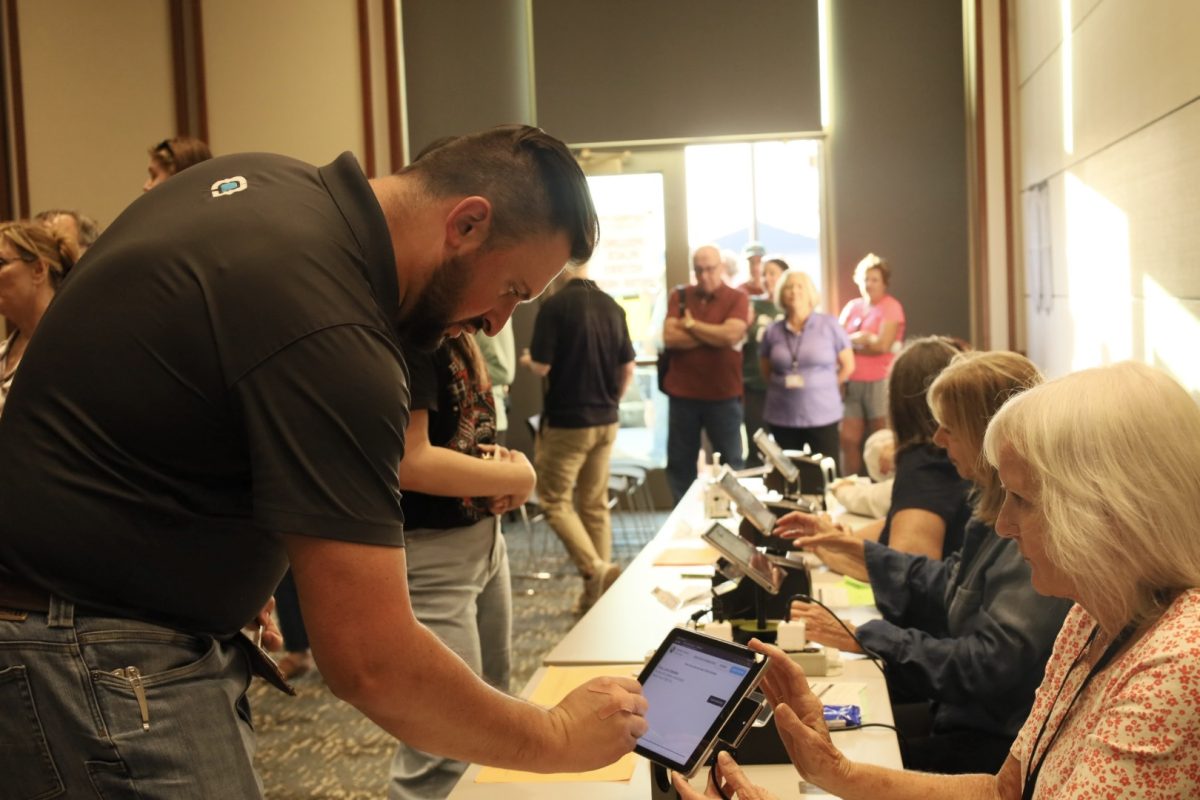

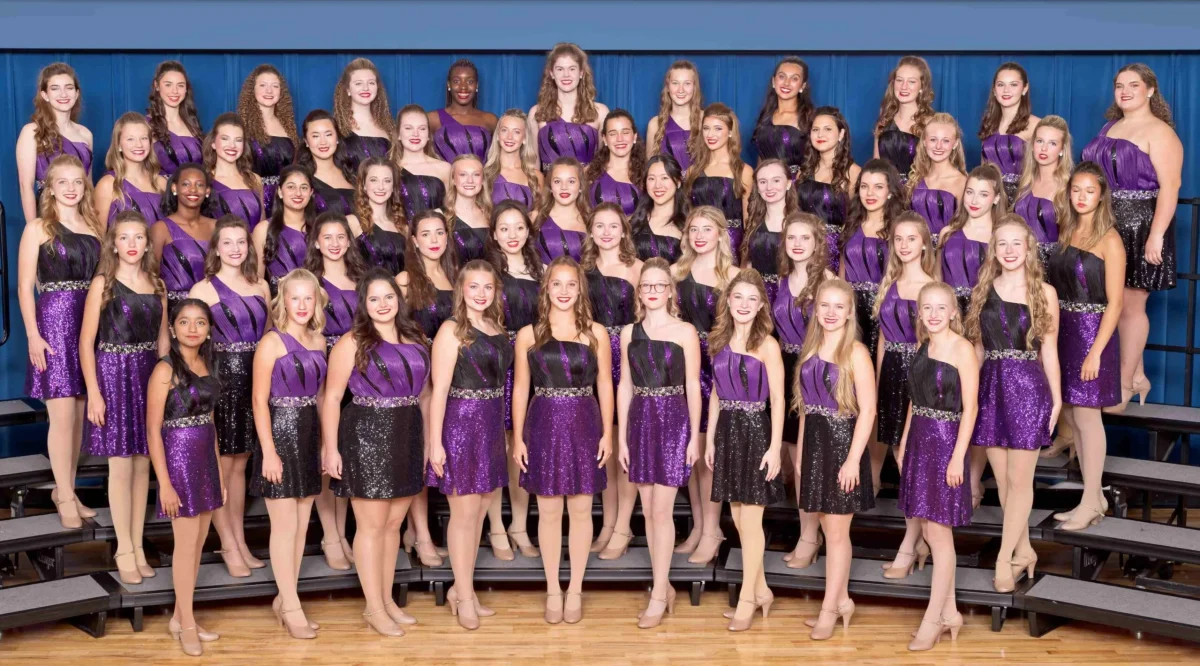

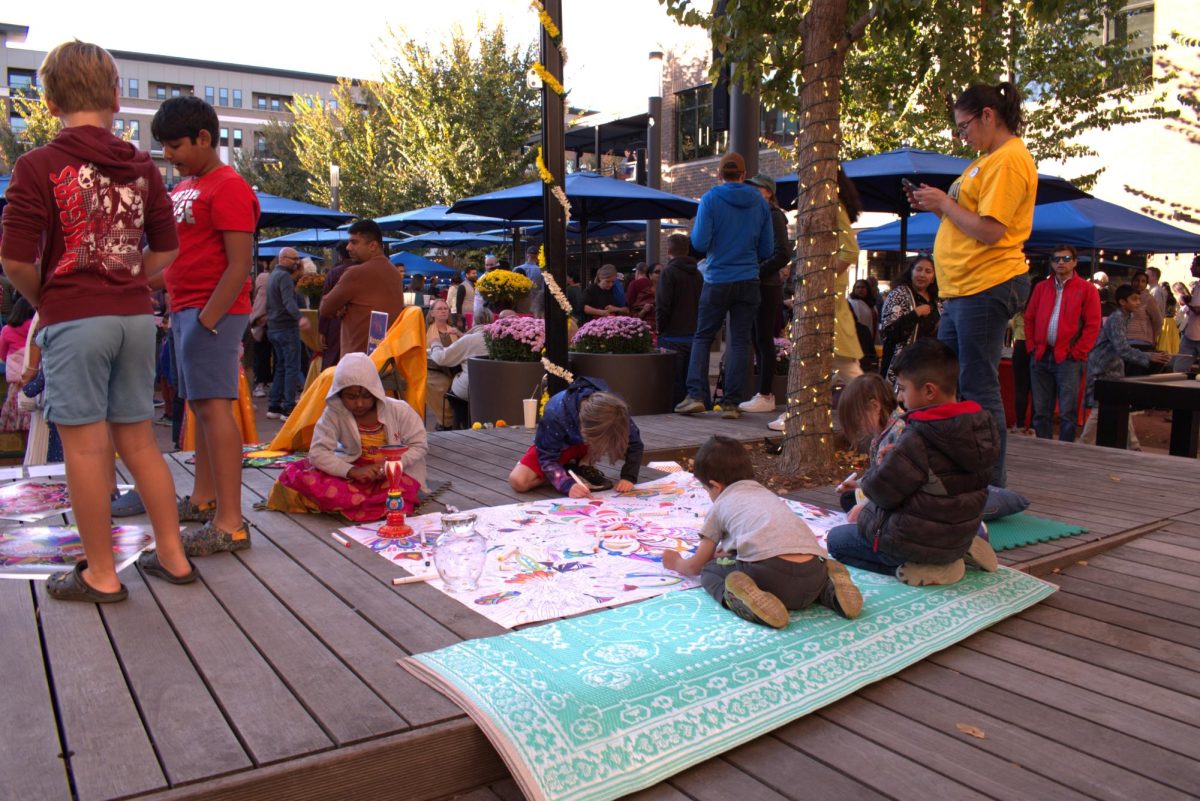
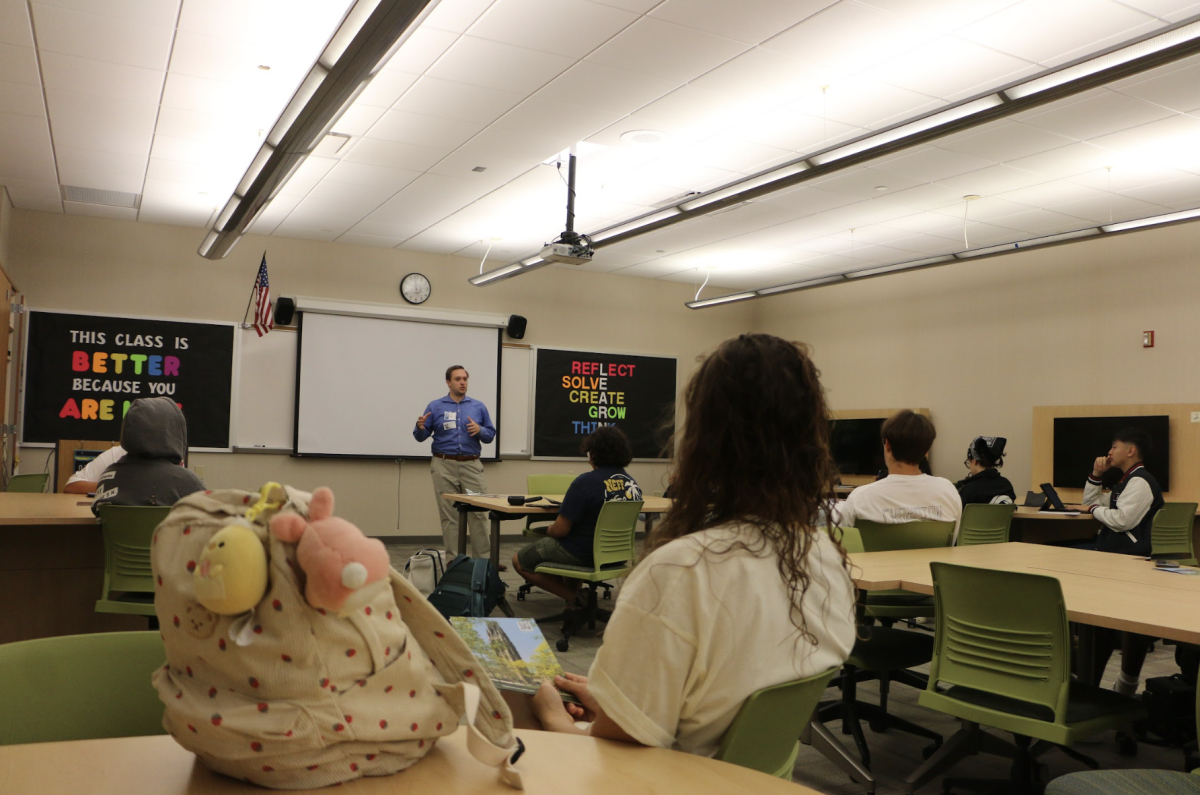
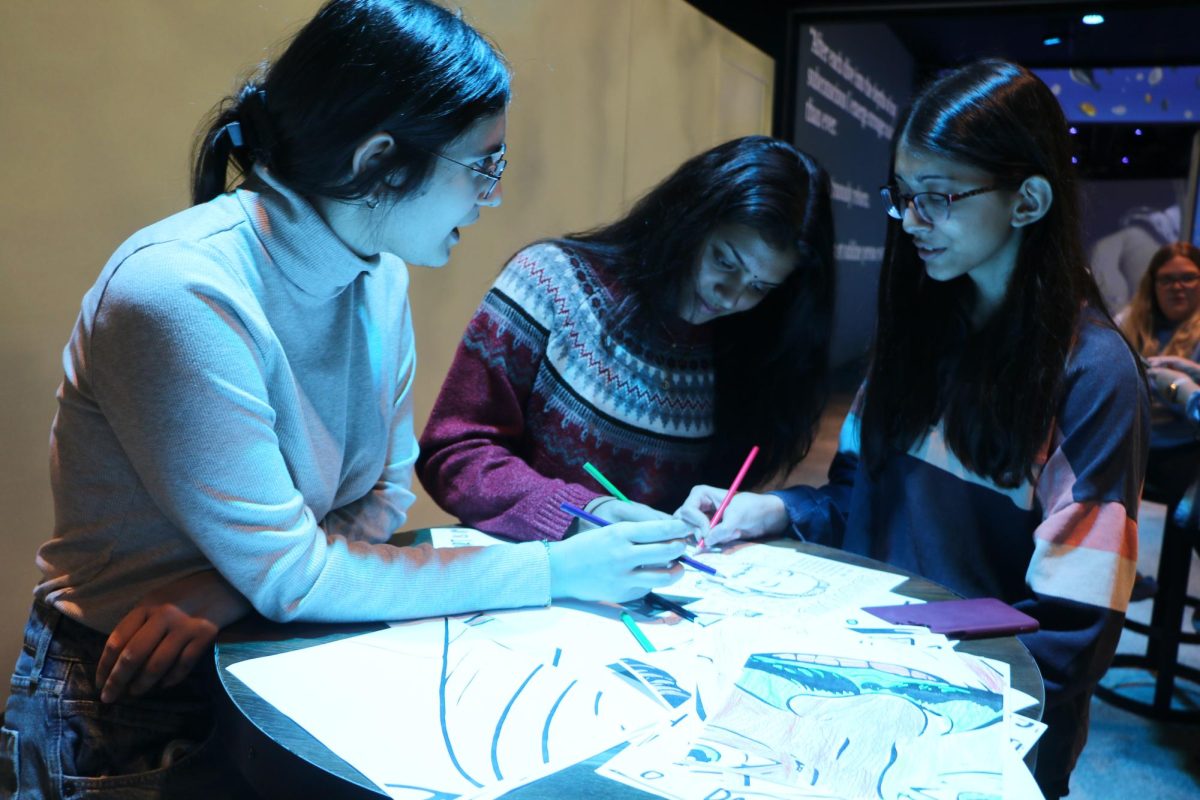

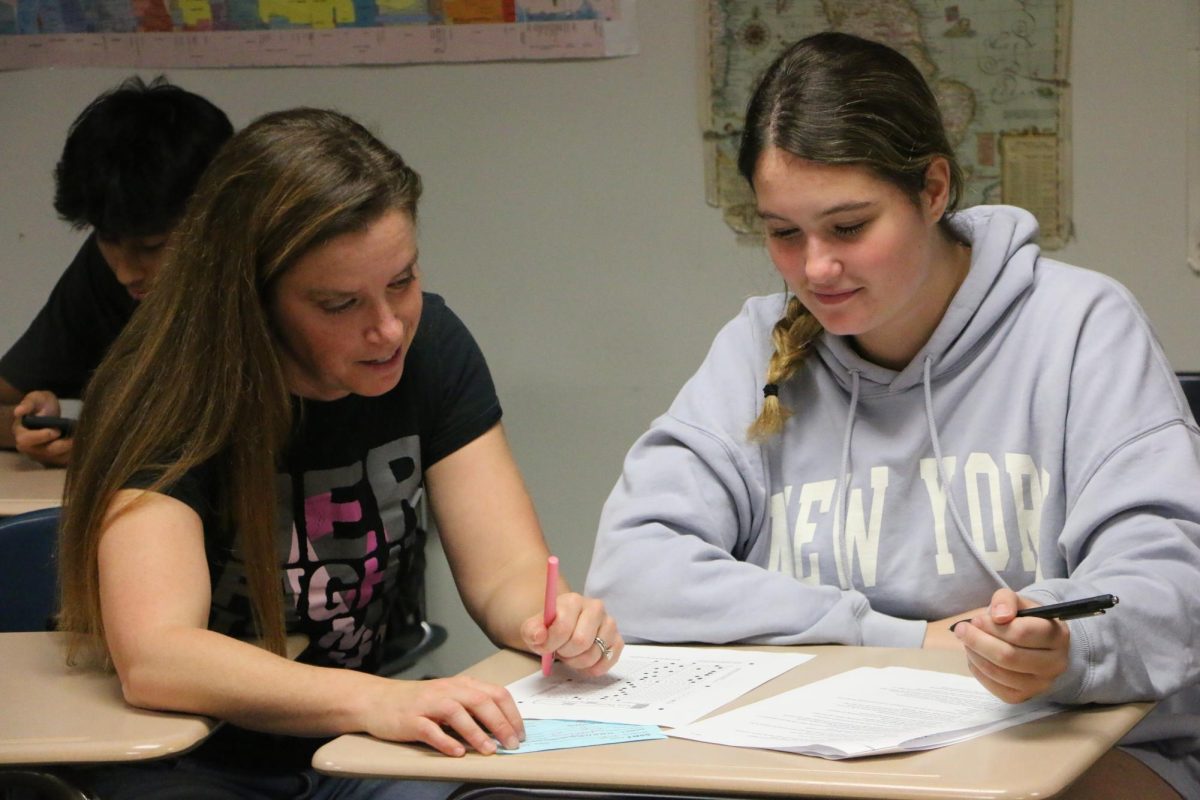

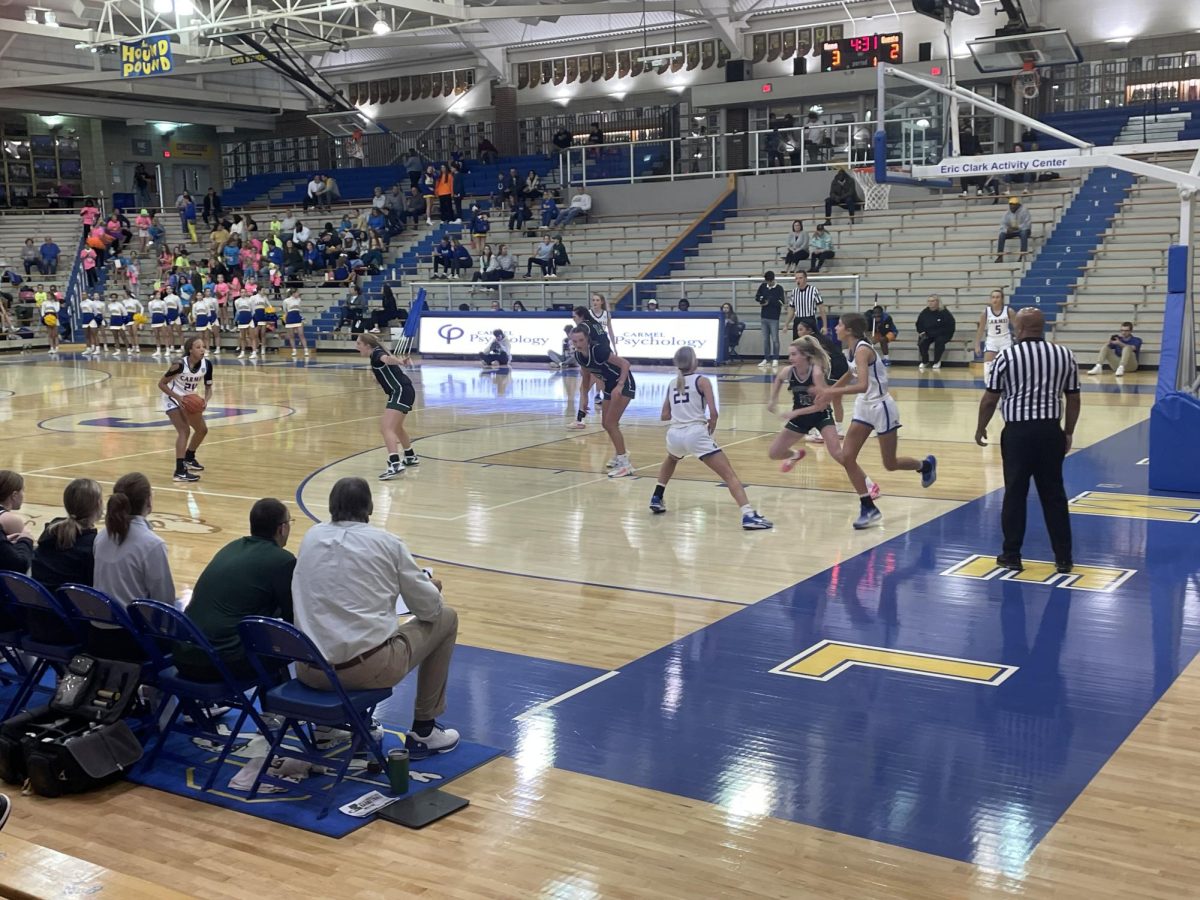


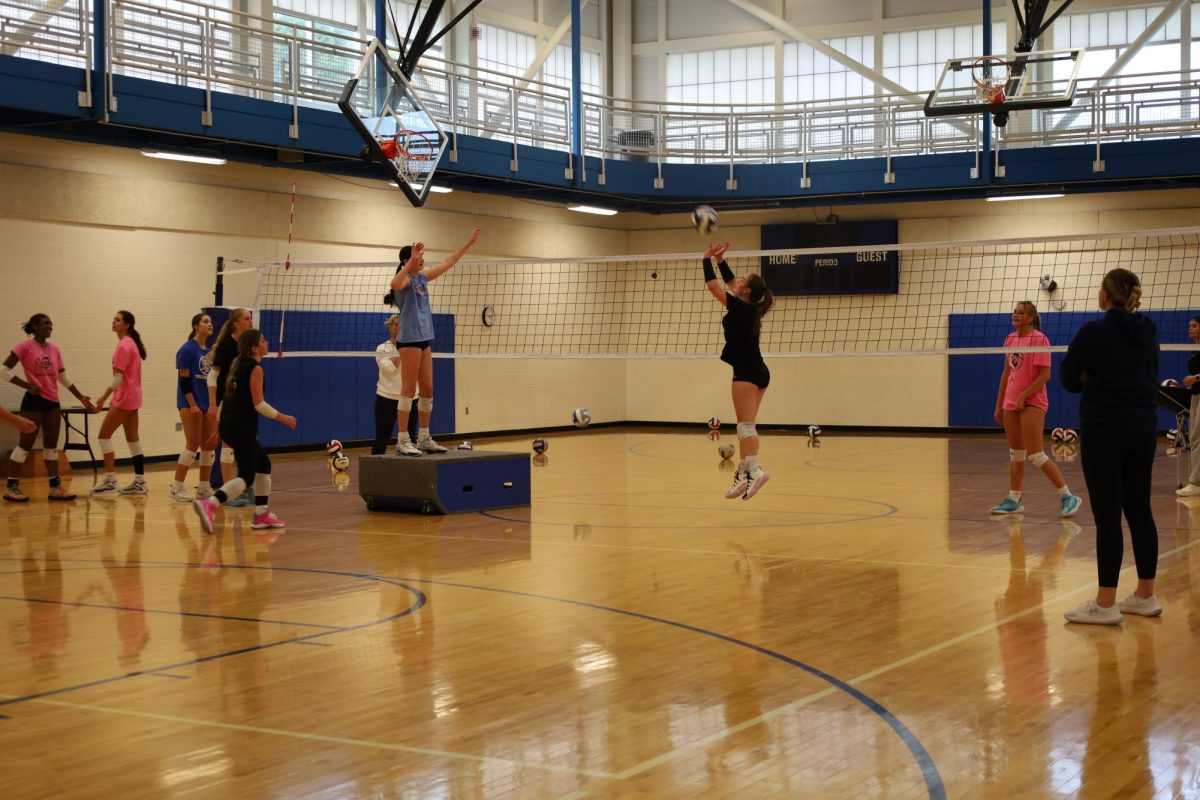
!["Wicked" poster controversy sparks a debate about the importance of accuracy versus artistic freedom [opinion]](https://hilite.org/wp-content/uploads/2024/11/riva-perspective-cover-1200x471.jpg)

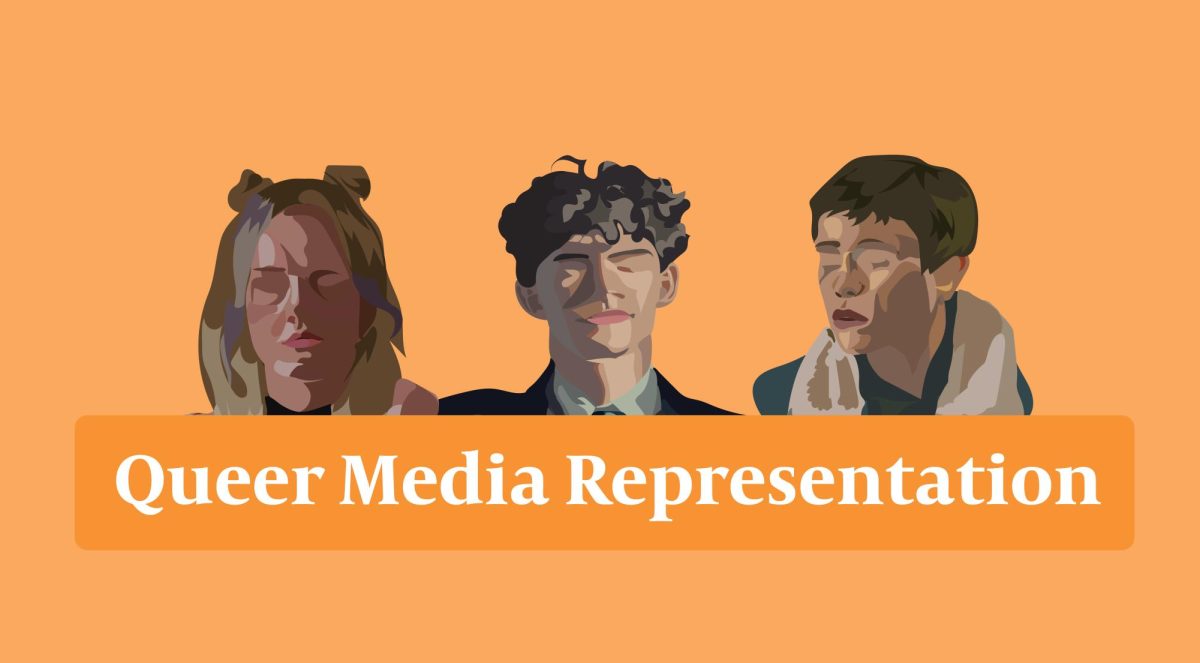
![Chilling or Childish? The downfall of modern horror movies [opinion]](https://hilite.org/wp-content/uploads/2024/10/adjusted-horror-cover-1200x471.jpg)
![“Uglies” is a call for change in the YA dystopian genre [opinion]](https://hilite.org/wp-content/uploads/2024/10/Perspectives-Cover-1200x471.jpg)












































![Review: Indy Scream Park is a perfect level of spook to kickstart the Halloween season [MUSE]](https://hilite.org/wp-content/uploads/2024/11/IMG_1383.jpg)
![Review: “Saturday Night” is a chaotic and thrilling look at the origins of “Saturday Night Live” [MUSE]](https://hilite.org/wp-content/uploads/2024/10/snl-1200x800.jpg)
![Review: “Megalopolis” is a bold, bewildering mess [MUSE]](https://hilite.org/wp-content/uploads/2024/10/MV5BYTk3MjUzMGItYmU1NC00M2YyLThmNDMtNDI4NjkxNjgzMjQzXkEyXkFqcGdeQXRyYW5zY29kZS13b3JrZmxvdw@@._V1_-1200x675.jpg)
![Review in Print: Maripaz Villar brings a delightfully unique style to the world of WEBTOON [MUSE]](https://hilite.org/wp-content/uploads/2023/12/maripazcover-1200x960.jpg)
![Review: “The Sword of Kaigen” is a masterpiece [MUSE]](https://hilite.org/wp-content/uploads/2023/11/Screenshot-2023-11-26-201051.png)
![Review: Gateron Oil Kings, great linear switches, okay price [MUSE]](https://hilite.org/wp-content/uploads/2023/11/Screenshot-2023-11-26-200553.png)
![Review: “A Haunting in Venice” is a significant improvement from other Agatha Christie adaptations [MUSE]](https://hilite.org/wp-content/uploads/2023/11/e7ee2938a6d422669771bce6d8088521.jpg)
![Review: A Thanksgiving story from elementary school, still just as interesting [MUSE]](https://hilite.org/wp-content/uploads/2023/11/Screenshot-2023-11-26-195514-987x1200.png)
![Review: "When I Fly Towards You", cute, uplifting youth drama [MUSE]](https://hilite.org/wp-content/uploads/2023/09/When-I-Fly-Towards-You-Chinese-drama.png)
![Postcards from Muse: Hawaii Travel Diary [MUSE]](https://hilite.org/wp-content/uploads/2023/09/My-project-1-1200x1200.jpg)
![Review: "Ladybug & Cat Noir: The Movie," departure from original show [MUSE]](https://hilite.org/wp-content/uploads/2023/09/Ladybug__Cat_Noir_-_The_Movie_poster.jpg)
![Review in Print: "Hidden Love" is the cute, uplifting drama everyone needs [MUSE]](https://hilite.org/wp-content/uploads/2023/09/hiddenlovecover-e1693597208225-1030x1200.png)
![Review in Print: "Heartstopper" is the heartwarming queer romance we all need [MUSE]](https://hilite.org/wp-content/uploads/2023/08/museheartstoppercover-1200x654.png)





